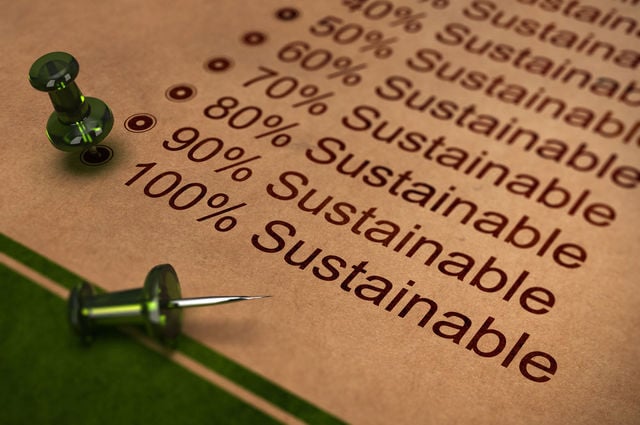How can sustainability be communicated beyond clichés and greenwashing?
31 experts shared their view
Both clichés and greenwashing are amongst the biggest traps to fall into when communicating sustainability. A "let's save the world" claim and tacky towel policy stickers are superficial and unappealing and could be a turn-off to the small group of environmentally and socially-conscious consumers. Green certification and lengthy, detailed corporate sustainability reports may (potentially) be of interest to a small niche group of highly activist consumers, who may not buy into that type of corporate hospitality in any case. However, there is a growing number of informed travelers: Those in search of genuine wellbeing and meaningful experiences at no (or as little as possible) cost to the planet. What works and what doesn't work in communicating sustainability? Any recommendations in regard to communication entering this critical decade?
It is true that the industry in general often lacks credibility due to empty claims of being 'green' or 'eco' and superficial environmental actions. The answer is treating guests as informed consumers and sharing the environmental data with them. How much detail to share is a difficult balance (hence the attractiveness of certification), but a "measuring>monitoring>benchmarking>distilling the results" approach can help achieve concise and effective communication. What % energy and water reduction does your hotel/portfolio achieve compared to its relevant peers, and to past performance?
Still important to try to address less tangible sustainability measures, but again quantification is key - can the actual impact of your social programs be demonstrated? And trying to tie results to the context, rather than speaking about random, absolute numbers - so guests can have a good understanding of how meaningful that impact is.


